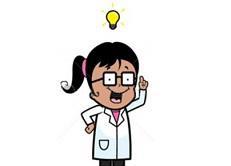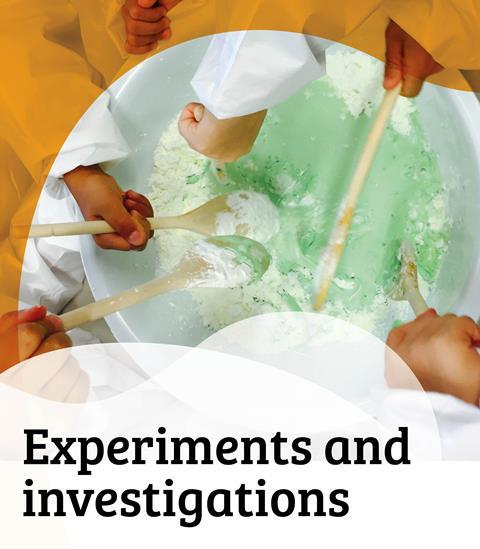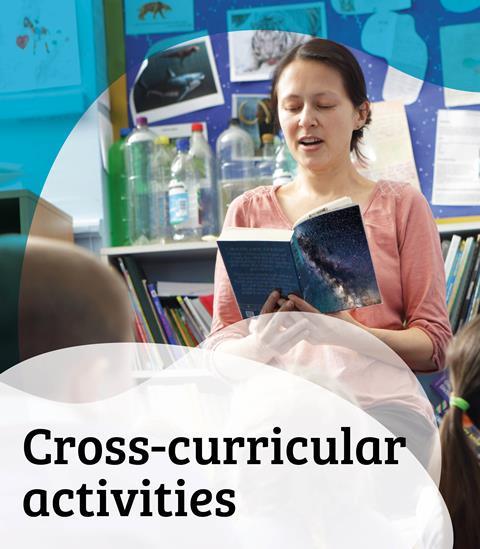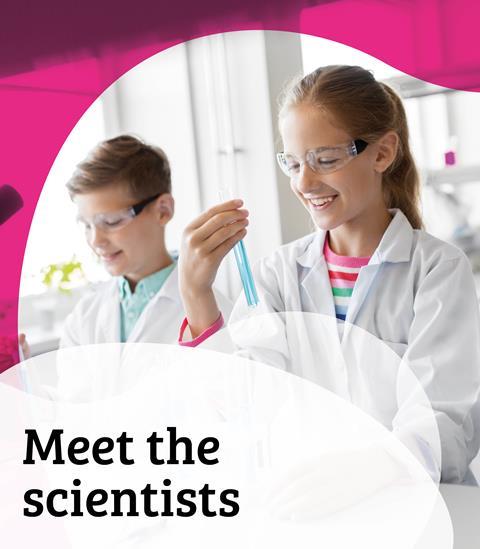Join Kareena and her superhero friend K-mistry and learn about mixing and separating mixtures
Produced by FunKids radio in collaboration with the RSC, this short chemistry snippets is great for introducing children to mixing and separating mixtures, and investigating reversible and irreversible changes
This podcast can be used as a ’hook’ when introducing the topic to your students, or at the end of a lesson to stimulate discussion about what they have learnt.
Downloads
Kareena's Chemistry- Episode 5: Mixing and Changing
Audio | Other, Size 3.95 mb
Additional information
If you teach primary science, see the headings below to find out how to use this resource:
Skill development
Children will develop their working scientifically skills by:
- Asking their own questions about scientific phenomena.
- Using appropriate scientific language and ideas to explain, evaluate and communicate their methods and findings.
- Selecting and planning the most appropriate ways to answer science questions including:
- Grouping and classifying things
Learning outcomes
Children will:
- Observe that some materials change state when they are heated or cooled, and measure or research the temperature at which this happens in degrees Celsius.
- Know that some materials will dissolve in liquid to form a solution, and describe how to recover a substance from a solution.
- Use knowledge of solids, liquids and gases to decide how mixtures might be separated, including through filtering, sieving and evaporating.
- Demonstrate that dissolving, mixing and changes of state are reversible changes and explain that some changes result in the formation of new materials, and that this kind of change is not usually reversible.
Concepts supported
Children will learn:
- What is meant by the terms mixtures and solutions.
- That mixtures consist of solids, liquids and gases.
- That mixtures can be separated using different techniques.
- That some changes are reversible and some are irreversible.
Suggested activity use
The recording is a good hook into looking at mixing and separating mixtures, and investigating reversible and irreversible changes. Children can be tasked with separating mixtures using different separation techniques, including sieving, filtering, evaporation etc. They could also investigate the acts of making cakes, melting ice or chocolate, determining whether the processes involved rely on reversible or irreversible changes or both.
Practical considerations
If the activity is to be used as a hook into an investigation, then different sized solids, sieves, filter paper, and liquids to make solutions will be need to be sourced before the lesson.
If evaporation is going to be explored, then a suitable source of heat should be used safely, with health and safety considerations taken into account. Heat sources such as radiators or heat stands and tea light candles can be used.
Primary science podcasts

Join Kareena and her superhero friend K-mistry for this series of short podcasts introducing children to chemistry.
- 1
- 2
- 3
- 4
- 5
 Currently
reading
Currently
reading
Mixing and changing
- 7
- 8
- 9
- 10
- 11
- 12
- 13
- 14
- 15
- 16











































No comments yet